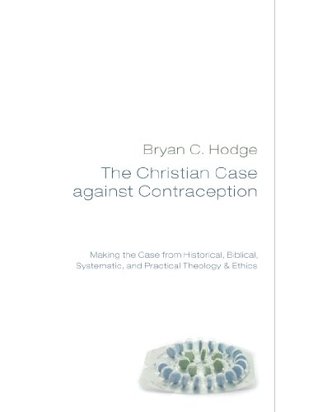Even Geoffrey Chaucer (ad 1340–1400), in the Canterbury Tales, “The Parsons Tale,” includes contraception among the seven deadly sins. Among these are a woman “drinking poisonous herbs through which she may not conceive,” placing “certain material things in her secret places to slay the child,” and unnatural intercourse, which is defined as when a “man or woman sheds her nature in manner or in place so that a child may not be conceived.” Noonan points out that all of these refer to contraception and are distinguished from abortion.
Welcome back. Just a moment while we sign you in to your Goodreads account.


